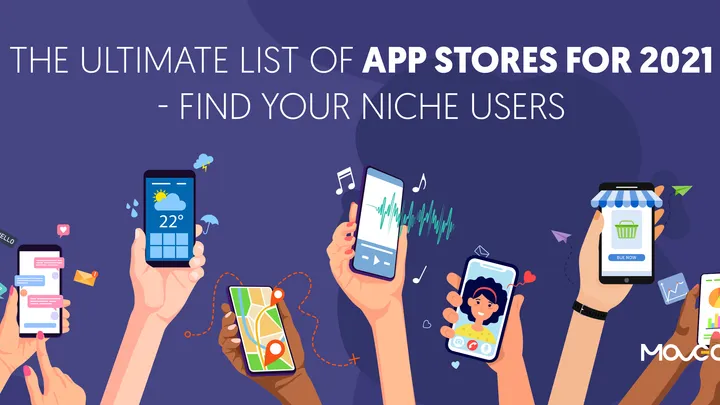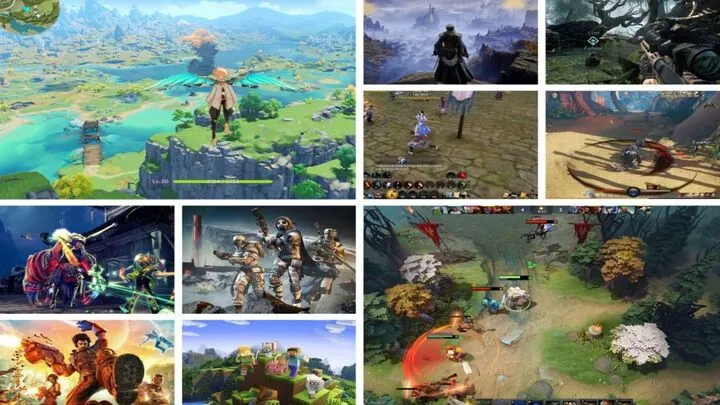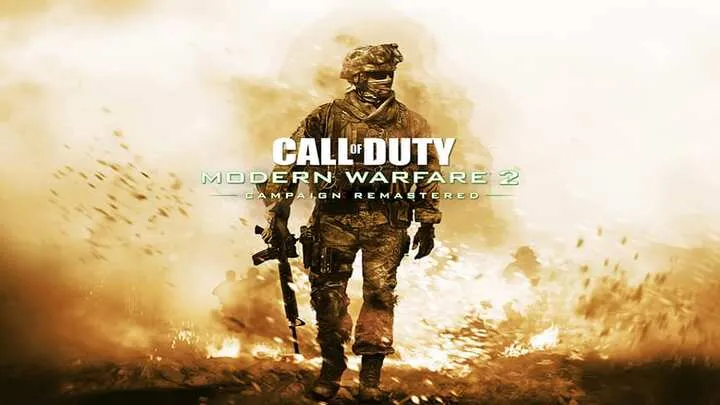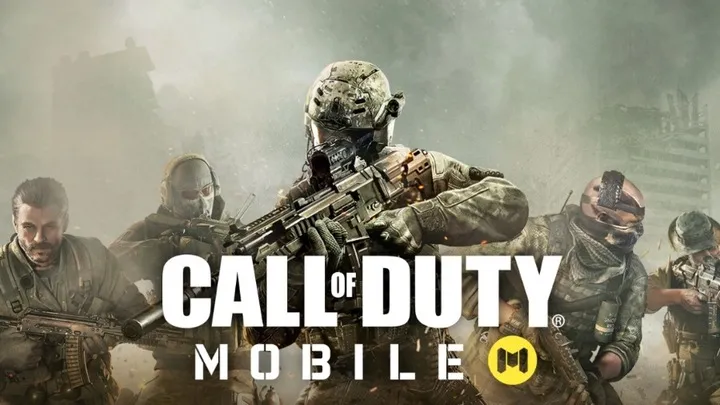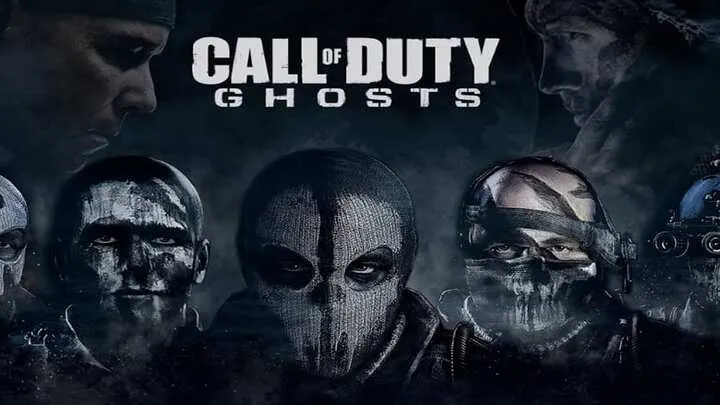Introduction
Few video game franchises have defined modern gaming culture the way Call of Duty (CoD) has. Since its debut in 2003, Call of Duty has evolved from a World War II shooter into one of the largest entertainment franchises in history. With billions in revenue, yearly blockbuster releases, and a passionate global player base, CoD is not just a game—it is a cultural phenomenon.
In 2025, Call of Duty stands at a crossroads. While still dominant, the franchise faces growing competition, player fatigue, and the constant demand for innovation. This article takes a deep dive into the rise, dominance, challenges, and future of Call of Duty.
The Origins of Call of Duty
The first Call of Duty was released in 2003 by Infinity Ward and published by Activision. At the time, the gaming industry was already enjoying the success of Medal of Honor, but Call of Duty brought something different: an intense, cinematic experience that made players feel like part of a squad in the middle of World War II.
The game was praised for its realism, immersive storytelling, and multiplayer features. Its success laid the foundation for a franchise that would expand far beyond its humble beginnings.
The Modern Warfare Revolution
Everything changed with Call of Duty 4: Modern Warfare (2007). This entry redefined first-person shooters and set a new standard for online multiplayer. Players were introduced to iconic characters like Captain Price and Soap MacTavish, alongside a gripping narrative set in contemporary conflict.
More importantly, Modern Warfare introduced the progression-based multiplayer system with perks, killstreaks, and weapon customization—a formula that became industry standard. The competitive scene began to grow, and Call of Duty cemented itself as more than just a campaign-driven game.
Black Ops and the Golden Age
If Modern Warfare revolutionized gameplay, the Black Ops series gave Call of Duty its personality. Released in 2010, Call of Duty: Black Ops offered a Cold War spy thriller narrative and expanded multiplayer with fan-favorite maps like Nuketown.
Even more iconic was the introduction of Zombies mode, which became a cultural sensation. What started as a hidden bonus evolved into a full-fledged cooperative experience with intricate storylines, Easter eggs, and a dedicated fanbase.
The early 2010s are often referred to as Call of Duty’s “golden age,” where yearly releases broke sales records and dominated the conversation in gaming culture.
The Era of Experimentation
As the years went on, CoD experimented with futuristic settings, jetpacks, wall-running, and space combat. Titles like Advanced Warfare (2014), Black Ops III (2015), and Infinite Warfare (2016) divided the community. Some loved the innovation; others longed for the “boots on the ground” experience.
This period also showed signs of franchise fatigue. Despite strong sales, many players felt overwhelmed by yearly releases and recycled mechanics. Competitors like Battlefield and Rainbow Six Siege offered alternatives, though CoD maintained dominance.
Warzone: A New Era of Free-to-Play
The biggest turning point in recent years came in 2020 with the launch of Call of Duty: Warzone. A free-to-play battle royale integrated into the Modern Warfare universe, Warzone attracted over 100 million players within its first year.
Warzone represented a paradigm shift: instead of relying only on yearly paid releases, CoD embraced the free-to-play, live-service model. Regular updates, seasonal battle passes, and cross-platform play ensured a constant flow of players.
This strategy kept Call of Duty relevant in an era dominated by Fortnite, PUBG, and Apex Legends.
Esports and Competitive Scene
The Call of Duty League (CDL), launched in 2020, gave CoD an official esports ecosystem. Structured with city-based franchises, the CDL brought CoD esports into the spotlight. While still smaller than titles like League of Legends or Counter-Strike, CoD maintains a passionate competitive community.
Esports players and streamers like Scump, Crimsix, and Simp have become celebrities, further fueling the franchise’s popularity on Twitch and YouTube.
Call of Duty in 2025
Now in 2025, Call of Duty continues to thrive—but faces new challenges.
- Player Fatigue – With yearly releases and constant Warzone updates, many players feel overwhelmed. Maintaining excitement while avoiding burnout is critical.
- Competition – Valorant, Fortnite, Apex Legends, and Counter-Strike 2 are fierce rivals in both casual and competitive scenes.
- Technology – AI-driven design, cross-play, and next-gen graphics raise expectations. Gamers now demand innovation, not repetition.
- Monetization Backlash – Battle passes, microtransactions, and cosmetics draw criticism when they feel predatory.
Despite these hurdles, Call of Duty remains one of the most played franchises worldwide. In 2025, its hybrid model of premium releases plus free-to-play content keeps it in the spotlight.
The Future of Call of Duty
Looking ahead, several trends are likely to shape the franchise:
- Deeper Integration of AI – Smarter bots, adaptive difficulty, and AI-powered tools for map design could revolutionize the experience.
- Mobile Expansion – With Call of Duty: Mobile already surpassing 500M downloads, Activision is expected to push mobile even further, especially in Asia.
- Storytelling Evolution – Campaigns may adopt branching narratives, more cinematic choices, and integration with multiplayer.
- Metaverse Potential – Call of Duty could eventually expand into a persistent digital universe connecting campaigns, multiplayer, and Warzone in one ecosystem.
Conclusion
For over two decades, Call of Duty has defined and redefined what a first-person shooter can be. From storming Normandy beaches to futuristic space battles, from LAN parties to Warzone live streams, CoD has been more than a game—it has been a shared cultural experience.
In 2025, the franchise stands as both a titan and a target. Its future will depend on balancing innovation with tradition, listening to its community, and continuing to evolve in a gaming world that never stands still.
Whether you’re a casual player dropping into Warzone, a Zombies enthusiast chasing Easter eggs, or a pro competing in the CDL, one thing is certain: Call of Duty is here to stay.








